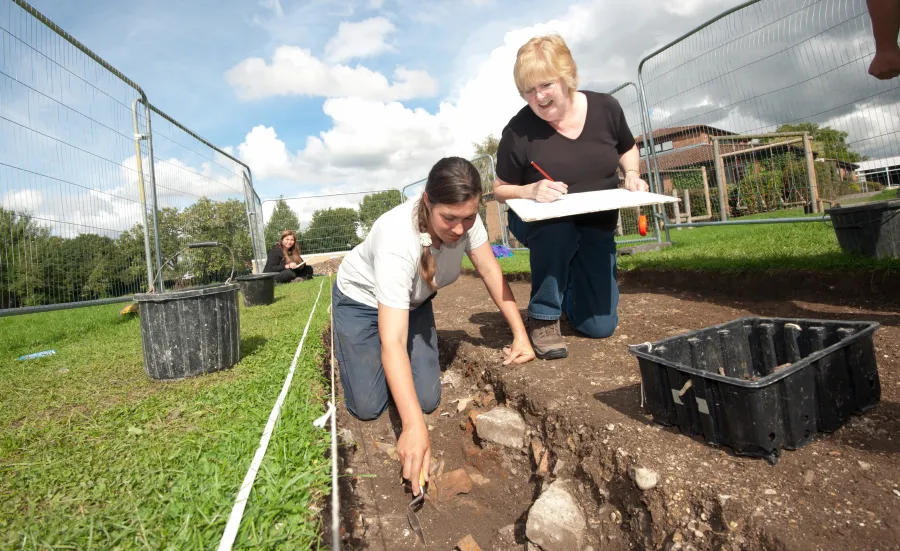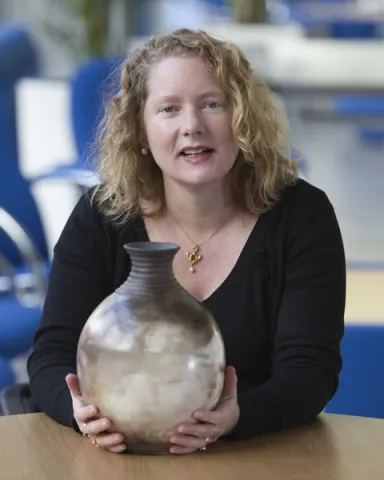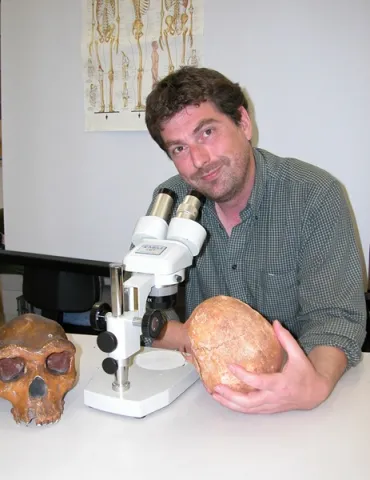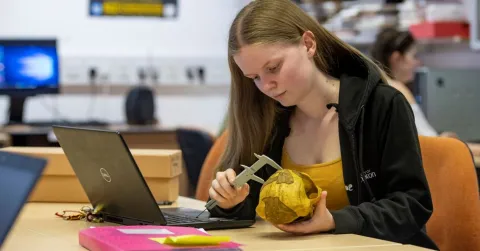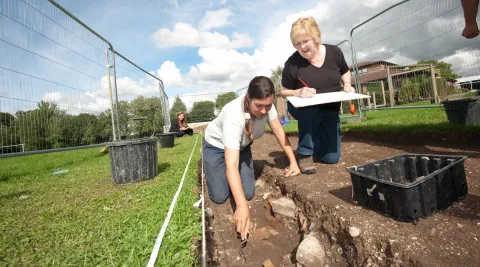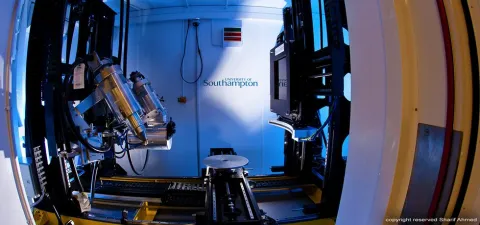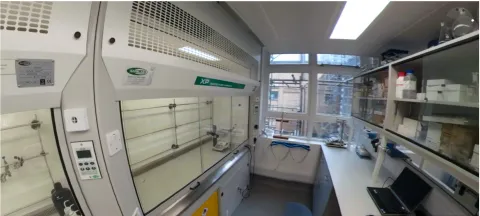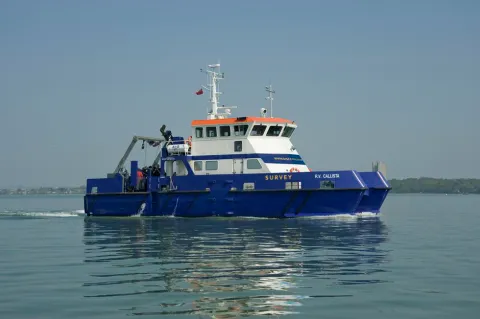Find a funded PhD project
We run funded PhD studentships in partnership with the South, West and Wales Doctoral Training Partnership, meaning you'll benefit from enhanced training and guaranteed funding. Some of these studentships are open to both UK and international applicants. Other studentships are open to either UK or international applicants.
Studentships can include:
- paid tuition fees at the level of a UK home student
- a maintenance grant to help towards living costs
- skills funding to enhance your employability, including travel costs.
Scholarships
We often advertise scholarships in November or December each year. Closing dates to apply for scholarships are usually the following February or March.
Find out more about our scholarships.
If you’re an international student you may be able to apply for a scholarship from your country.
Find out more about international scholarships.
Fund your own PhD research project
Once you've found a supervisor, they can help you with potential funding sources. We offer match funding in some cases.
You'll need to state how you intend to pay for your tuition fees when you submit your application.
Find out more about funding your PhD
Industry sponsorship
You may be able to fund your postgraduate research with funding from your current employer or from industry.
Take out a PhD loan
You can borrow up to £30,301 for a PhD starting on or after 1 August 2025. Doctoral loans are not means tested and you can decide how much you want to borrow.
Find out about PhD loans on GOV.UK
Apply for funding from a charity
You may be able to win funding from one or more charities to help fund your PhD.
Learn about charity funding on FindAPhD.com
Fees
You'll need to pay tuition fees for every year of study. Fees are the same whether you're studying in person or through distance learning. If you're applying for a fully funded project, your fees will be paid for you.
2022 to 2023 entry
| Subject | UK fees | International fees |
| Archaeology PhD full time | £4,596 | £18,000 |
| Archaeology PhD part time | £2,298 | £9,000 |
2023 to2024 entry
| Subject | UK fees | International fees |
| Archaeology PhD full time | To be confirmed | £18,000 |
| Archaeology PhD part time | To be confirmed | £9,300 |
2024 to2025 entry
| Subject | UK fees | International fees |
| Archaeology PhD full time | £4,786 | £19,200 |
| Archaeology PhD part time | £2,393 | £9,600 |
2025 to2026 entry
| Subject | UK fees | International fees |
| Archaeology PhD full time | tbc Spring 2025 | £19,620 |
| Archaeology PhD part time | tbc Spring 2025 | £9,810 |
Alumni discount
You're eligible for a 10% alumni discount on a self-funded PhD if you're a current student or graduate from the University of Southampton. This will not apply for programmes that are externally funded. Please check the fees and funding section.
